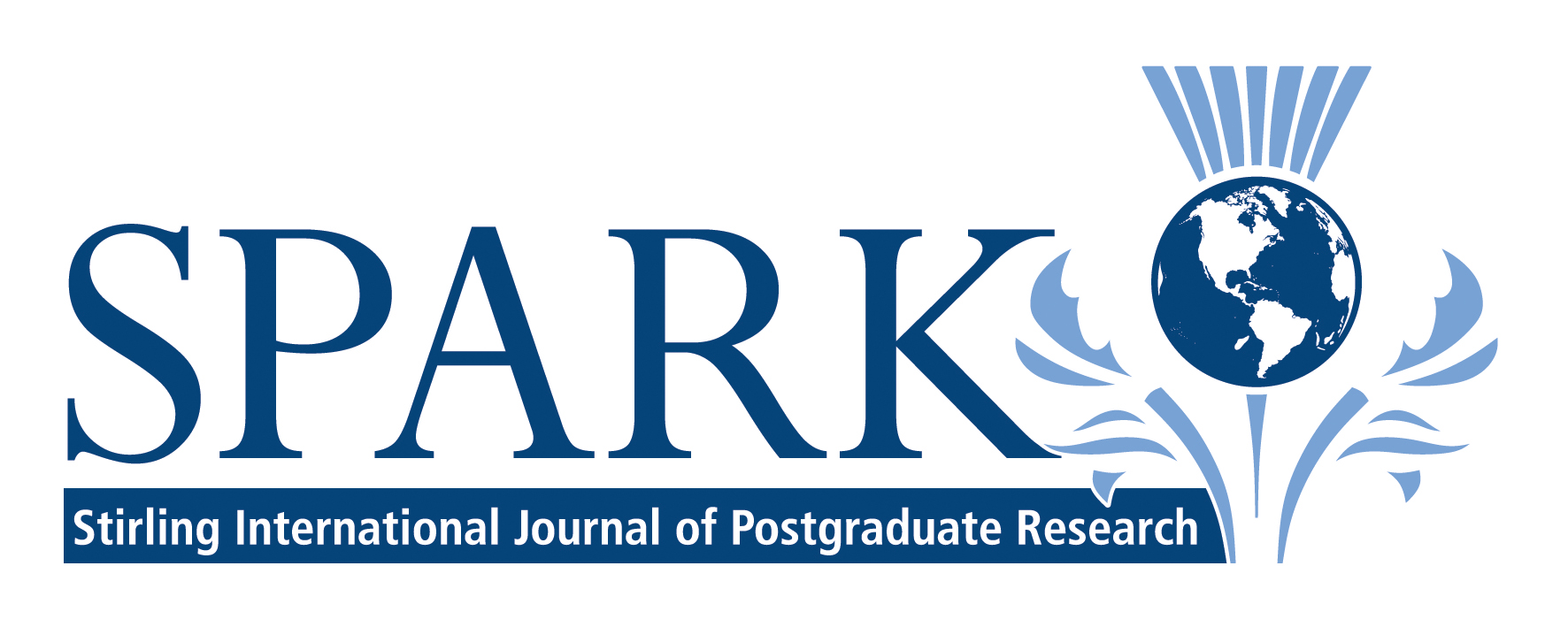Connections and Divisions
Issue 7About the Issue
The past year has seen the world struggle with a global pandemic, one which has led to distancing of all types, while promoting new ways of connecting with others across borders, cultures, and media. Increased calls for division among people and nations contrast those for unity, cooperation, and shared activism. Such spatial ruptures and continuities are mirrored on a temporal level as well, where hope for a changed future opposes but also revives aspects of the past. This has been apparent in the understanding of our cultural, social, and political lifeworld(s) and the way we relate to our environment. Not only the natural world is shaped by connections and divisions, between species and ecosystems, but these are also ever-present in abstract discourses of competing theories and viewpoints, literature, theory and practice. While different schools of thought and disciplines might espouse contesting truths, such divisions are increasingly shattered in inter– and transdisciplinary research and artistic practice. While divisions can be harmful and restrictive, hindering connections and exchange, they can also be crucial in safeguarding and structuring our daily lives and experiences.
Issue 7 has been one of Spark’s largest to date and includes an exciting array of articles. Papers from the fields of Social Sciences and Arts and Humanities explore variously the cross-border conflict and cooperation between Italian and French resistance fighters; women’s participation in the Sufism movement across various boundaries; the subversive potential of performances of hybrid masculinities; the differences between native and non-native English speaking teachers; and the importance of fostering connection through network-based interdisciplinary exchange and cooperation. Connection and cooperation is also a crucial element in contributions with a focus on health, which explore the role of social connections as a determinant of health; professional connections with families to reduce the impact of child neglect; and the role of task sharing and the ‘friendship bench’ for mental healthcare. A legal perspective is addressed in terms of the intersection between competition law and privacy in relation to online platforms as well as through the impact of Jacobitism on connections and divisions between Scottish and English judicial systems, along with divisions between public opinion and state policy.
Want to get involved?
Along the Borders: Co-operation and Conflict between Italian Partisans and the French Maquis
Emanuela Romeo, University of Strathclyde
Rukhsar Hussain, University of Strathclyde
James Whittaker, Cardiff Metropolitan University
Mattia Zingaretti and Roberta Spelorzi, University of Edinburgh
Hazel Blake, Sydney Byrns, Elliot Hurst, Wendy Masterton, and Zoe Russell, University of Stirling
Laura Bryce, University of Stirling
Reducing the Impact of Child Neglect: Professional Connections with Families
Frances Gunn, University of Stirling
Natalie Dewison, University of Strathclyde
Defining Privacy in the Competition Law Sphere
Arletta Gorecka, University of Strathclyde
Calum Cunningham, University of Stirling
